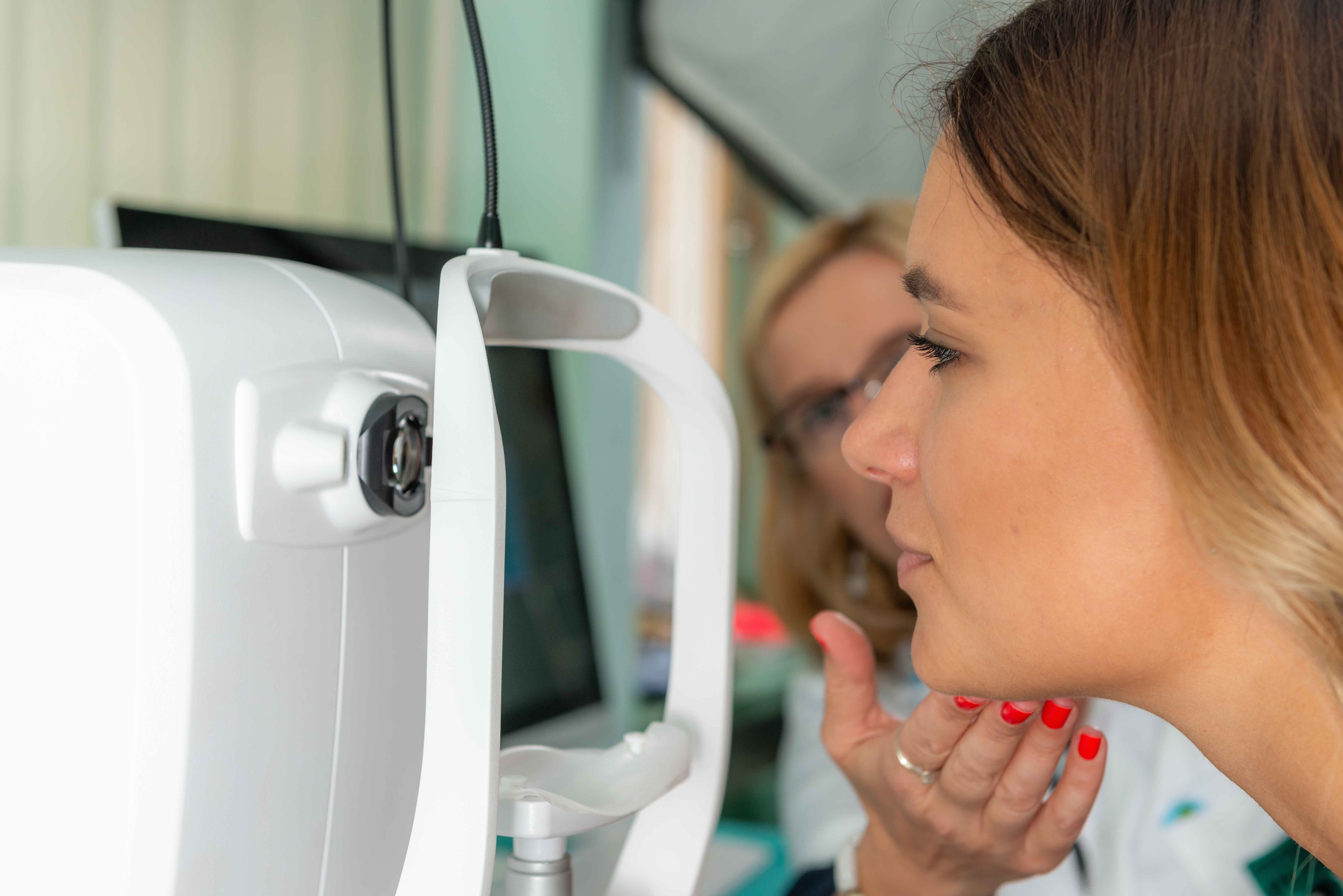Table of Contents
Control of the vision and dental care markets by a few major plan providers have been detrimental to patient care. Congress will soon review proposed legislation to change the status quo and prevent potential abuse in vision and dental care.
The Dental and Optometric Care (DOC) Access Act is a bipartisan effort to regulate insurers and protect patients from potential abuse. This proposed legislation includes measures to prevent price-fixing. It also limits the length of network agreements and contains limitations on the labs that care providers can use. Vision Care Direct of Oklahoma (VCD) has always opposed corporate strategies that cause potential abuses in vision care. Therefore, VCD has announced its full support for this legislation.
The problem with health conglomerates
Mergers and acquisitions have shaped health care for years, allowing a handful of large companies to control most market shares. As a result, these companies use profits to grow vertically and absorb businesses at every stage of the supply chain.
For example, the same company that sells vision plans often owns the location where patients receive care, the lab that makes their frames, and the manufacturer that produces lenses. A similar situation exists in dental care.
Forty-four states have adopted legislation to prevent the abuses that this model generates, but state laws do not apply to plans regulated at the federal level.
What conglomerates mean for patients
Having the same company control several stages of receiving care creates a conflict of interest. For example, this consolidation results in vision plan companies that put profits above patient well-being by recommending solutions that funnel more revenue into the conglomerate.
This model also results in a handful of companies controlling the market. For instance, it is particularly true for vision care, where one plan provider represents two-thirds of the market.
When a plan provider has this much control, it can use its leverage to reduce reimbursement rates and focus on making a profit at other supply chain stages. Unfortunately, this practice results in shrinking profit margins for independent optometrists and the obligation to make up for lost revenue by increasing prices for uninsured patients and noncovered services.
This monopoly situation contributes to the rising cost of health care, with experts projecting a 6.5% increase for 2022. In addition, centralized vision and dental care companies can also limit care options by choosing which items to cover.
Why VCD supports the Dental and Optometric Care Access Act
VCD was founded on different values, and chasing profit to the detriment of patients and vision care providers is not what VCD is about.
For years, VCD has denounced unethical practices from large plan providers, believing that market regulation is necessary. For these reasons, VCD fully supports the Dental and Optometric Care Access Act.
VCD was founded to provide patients with an alternative. It works with a network of independent optometrists, offers fair pricing for their work, and includes pre-paid plans that do not limit labs and materials.
VCD hopes Congress will pass this law and help build a better market for ethical insurers, optometrists, and patients. To learn more, patients can contact VCD.






















































